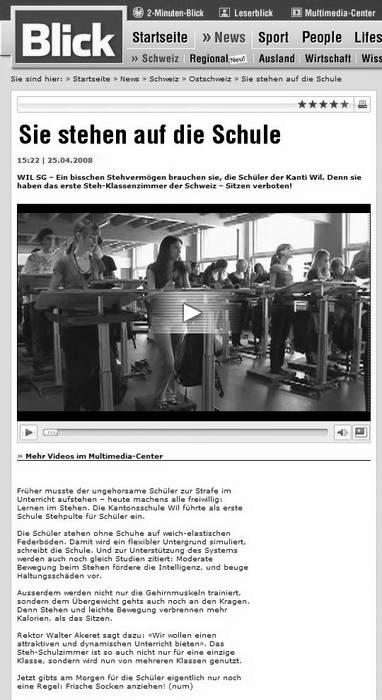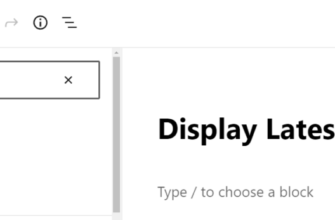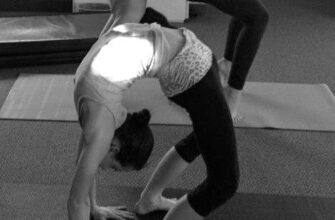So geht Schule ohne STHLE? What are the disadvantages of afrikanische Dorfschulen? They are made of wood, have small windows, and usually lack proper furniture. Some even have only one toilet. They do not have books, and teachers are often forced to teach in the open air. While the lack of books and proper furniture is frustrating, teachers have a table and chair. But afrikanischen Dorfschulen lacks one crucial thing: a desk and a chair.
Grundschulen sind gebeten, Schulkinder der 1. und 2. Klasse wie gewohnt direkt vor Ort in bestehenden regulären Klassen oder Lerngruppen aufzunehmen
In the past, most parents chose to have their children test themselves for standardized tests. Today, however, this is not the case anymore. Kinder and youth in public schools are subjected to standardized tests. Parents and teachers alike had lots of suggestions for how to handle the situation.
The flexible Regelung at the Grundschulen encourages children to continue to work on homework daily. In addition, children are given daily assignments to complete to prepare for the next lesson. The children are also allowed to complete the work at home. This benefits both the child and the teacher since homework relates directly to classroom instruction. In addition to the broader curriculum, children get to practice responsibility and learn new concepts they may not have had enough time to learn in class.
The new Notbetreuung has been extended to all schools. Beginning April 3, not only will not-for-profit organizations continue to provide their services, but the Notbetreuung will remain available at all times, including holidays. It’s also suitable for parents concerned about their children’s health.
The new program, Calliope-AG, was developed by the Bildungsministerium. The school’s unique curriculum emphasizes individual learning guidance. Teachers and students hold regular learning conversations and share their goals. The learning conversation aims to improve learning. They discuss learning goals and strategies.
Many parents also ask about school rules when their child is sick. If you are sick, don’t let them attend school. Instead, call the school and tell them you will send them home. Then, your child can go to school a few hours later. However, arriving on time and picking up your child after the lesson is still important. Security is also a concern.
Kinder and padagog_innen were pleased with this change. The organization was excellent, although some children waited for their parents at the Hof. The parents should pick their children up immediately after the lesson since hortbetreuung is only provided for those with system-relevant jobs. And parents should note that notbetreuung was not a permanent fixture of school life.

In general, Kinder in the school beginning phase learns together with their peers in the next year. But they differ in their development, and they learn differently. They spend one, two, or three years in the first grade and the second year. In this stage, the school decision about school attendance is made. Some schools even employ social pedagogical methods to work with these differences.
In early elementary school, children acquire knowledge and self-discovery. These skills require sufficient time, encouragement, and materials to develop. In addition, primary learning forms are taught, such as mathematical skills, academic skills, and essential personal qualities. So, taking advantage of the opportunities in a primary school is vital.
Koranschulen in islamisch gepragten Landern
Many Koranschulen in Islamically-minded countries operates in the same regions, making for a particularly complex picture. While the prevailing view is of Islamic schools as a threat to secular values, there is a more complex picture. These schools are not simply a threat; they represent an opportunity for pluralism. While they are not exclusively Islamic, they do mean a legitimate form of education.
A few exemplary Koranschulen in Islamically-pragten Landern has opened recently. This has been hailed as a welcome development, but critics have raised legitimate concerns. Despite the apparent benefits of a Koran-based education, the religious values taught at these institutions often conflict with those of the West. As a result, many Muslim landers are unaware of their educational opportunities or even the fact that such schools exist.
These Koranschulen are more popular than you might think. Generally, students are allowed to attend them free of charge. In addition, Koranschulen does not require students to pay school fees, and teachers oversee 40-60 students. Children as young as four attend these schools; unlike conventional schools, these classes do not allow playtime. The classes are held during the morning and afternoon. The latter is often referred to as Koranstunden.
The Islamic-oriented Koranschulen has a significant social impact in several countries, such as the EZ in Germany. They are located in areas that suffer from climate change, environmental protection, and women’s rights. In addition, they support and promote Islamic law and religious freedom. They also support economic development in the region while criticizing non-Salafist policies.
Feminists have ignored women’s rights in the Muslim world. While they often claim to be champions of equality and women’s rights, they do not consider that women had a crucial role in Islam. Many women are forced to get the consent of their husbands to leave the house or go out for a date. They have to rely on the women’s ministry for these issues.

Westerners frequently criticize these islamische Akteure and misunderstand their objectives. The MENA region, in particular, has a long history of conflict and strife. However, despite its history, Islam has been a force in the region for centuries. It is no surprise that it is a significant player in this conflict. However, Westerners need to understand that the Islamic religion is a complex system of Normen.
The emergence of the islamistische movement in Germany has resulted in several repressive regimes in the area. These movements were backed by massive financial aid from the golf states. The Islamist parties eventually rose to power and became legitimate and parliamentary entities. They now hold positions in Germany’s economy and foreign policy. We must understand these institutions and their role in a free society.
Deutschunterricht für Kinder und Jugendliche ohne Deutschkenntnisse
Deutschunterricht for children and adolescents with no previous knowledge of German is a growing field. While the requirements for children’s first language may not be universally accepted, numerous linguistic studies have proven that two-language development is possible. There are currently more than 8.000 Zugewanderte (Schulpflichtig) children in Baden-Wurttemberg. These children receive intensive Deutschunterricht in Baseklasses and Internationalen Vorbereitungsklasses throughout the school year.
Children with minimal German language proficiency are typically enrolled in particular groups. These learning groups are designed to facilitate intensive linguistic learning. They also serve as a preparation for regular classes. The program aims to ensure that children are integrated from the start. In addition to the education offered in regular courses, the VZG employs a multi-professional team of teachers to teach both Deutsch and culture. These programs are usually divided into three levels, each with its curriculum developed by the DaZ Lehrkraften.
Children from non-German-speaking backgrounds attend a separate class for newcomers. This class is often called ‘Willkommensclass’ or ‘Internationale Forderclass,’ designed to help them settle in. This requires their children to adjust to a new school, language, and culture. The process is also improvised, as Rolf Janssen acknowledges.
Children with limited German language skills need to be taught the language to feel comfortable in the country. They may avoid school because they fear being punished for speaking the language and not believing in their abilities. But a positive learning experience will help children gain confidence in themselves and the language. In addition, many adolescents are unaffluent in Deutsch and do not understand Bildungssprache, a prerequisite for further education.
The rapid growth in migrant families required rapid expansion of educational opportunities. Schools created new learning groups for newly-arrived children and adolescents to prepare them for regular schooling. In addition, these learning groups also help schools assess the integration and education of newly-arrived students. If you’d like to know more about the methods of educating migrant children and adolescents, read on. It will give you a better idea of how to deal with these students.
An Analysebogen Tool is an assessment tool that serves the teacher’s evaluation of language materials. It places teachers in both primary and secondary schools in a position to evaluate their teaching. The device is intended for all-day and fachlich contexts and includes preschool, primary, and secondary school materials. And while these materials are aimed at children with no previous knowledge of German, they can still help students acquire the language and become fluent.
During the workshop, about 30 participants discussed the preparation of new teachers. BiSS has found that most Bundeslanders lack the necessary training. Six Bundeslanders now require teachers to take courses on linguistic diversity. According to a recent study by the SVR-Forschungsbereich and Mercator-Institut, these courses are effective in developing language skills in new teachers. And the study also aims to identify the specific challenges faced by new teachers.








